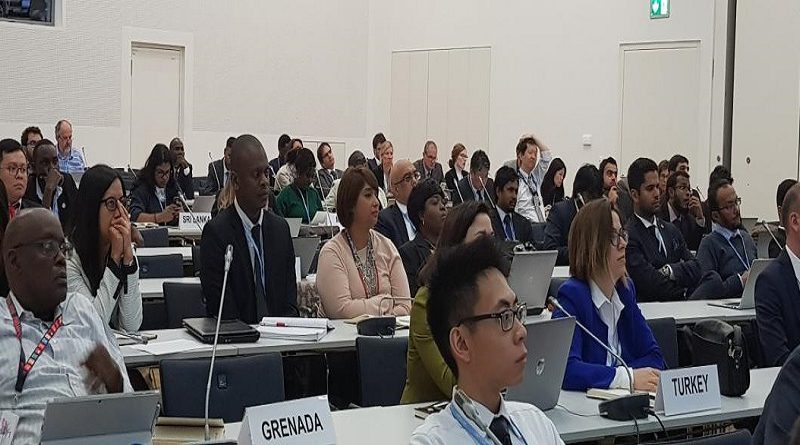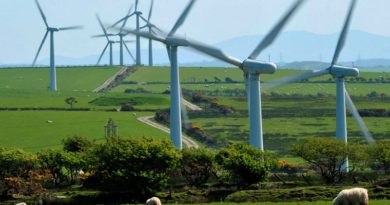UN organises training on how to analyse potential economic consequences of emission reductions
The first-ever training workshop under the United Nations Framework Convention on Climate Change on modeling tools to analyze potential economic consequences of emission reduction measures was held in Bonn from 30 April 2018 to 1 May 2018.
In the climate change process under the UN, this is termed ‘response measures’ and refers collectively to actions taken by countries to meet their commitments under the Convention. A measure taken to respond to climate change may have associated unintended impacts. For example, measures taken to transition the energy sector away from carbon-intensive fossil fuels may have economic or social consequences that need to be managed appropriately in order to continue to raise ambition. Returning to the example of the energy sector, such management could involve reskilling workers in renewable energies.
In such cases, the use of economic modelling tools may help planners and policy-makers to minimize unintended impacts and turn them into economic and social opportunities. This may potentially allow decision-makers to implement more ambitious climate actions with greater confidence.
Over the two days of the training, speakers representing academia, research institutions, international organizations and national governments, from developing and developed countries, shared their experiences in applying a wide range of modelling tools to identify unintended impacts and use the results towards policy making that maximizes the positive while minimizing the negative impacts.
More importantly, the workshop focused on how such tools may address questions around economic diversification and transformation, a just transition of workforce, and the creation of decent work and quality jobs.
All of these are aspects that form the foundation of the work of the Improved Forum on impact of implementation of Response Measures, established by the UN Climate Change Summit in Paris in 2015.
The training was led and organized by the secretariat under the guidance of the Subsidiary Body Chairs, and was closely supported by leading UN agencies namely the International Labour Organization and UN Environment that have been long supporting countries to address the social dimension emerging from green policies and the move towards greener economies.
” ILO hopes that Parties have gained a better sense of tools and support programmes at their disposal to advance the mandate on response measures under the Paris Agreement, ” said Moustapha Kamal Gueye, Coordinator, Green Jobs Programme, Enterprises Department of ILO.
Several case studies were presented offering practical aspects on what existing models can offer, their limitations and how to interpret the results, in support of policy and decision making. The UNFCCC portal contains more information on useful modelling tools.
“The workshop promoted inclusiveness with some excellent presentations that are relevant for the Forum’s work. I particularly appreciated learning about the modeling experience of developing countries and existing capacity building initiatives like the Partnership for Action on Green Economy (PAGE) and Green Jobs Assessment Institutions Network (GAIN), ” said Ms. Ella Havnevik Giske, Adviser, Ministry of Climate and Environment of Norway.
Peter Govindasamy, Director, International Trade Cluster, Ministry of Trade and Industry of Singapore, added that, “The workshop was a positive start in complementing the mandate to address the impact of implementing measures. It highlighted current gaps in data availability for quantitative assessments and the need for continued qualitative assessments. Given that consequences can also go beyond a country’s borders, the workshop also highlighted the need to assess cross-border impacts, and the importance of considering national circumstances of other countries in designing and applying response measures, as required under the Convention”.
Countries are now gathered in Bonn to further deliberate how the Improved Forum can support countries in maximizing the positive and minimizing the negative impacts of response measures.
This is important in order to transition towards low carbon and greener economies that build on existing skills, are adequately diversified to create work opportunities for all, and by doing so, contribute towards sustainable development.




